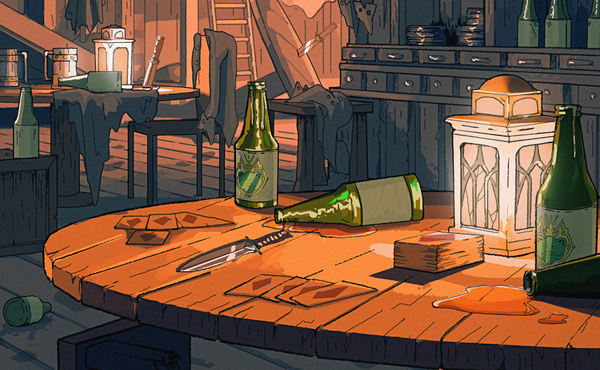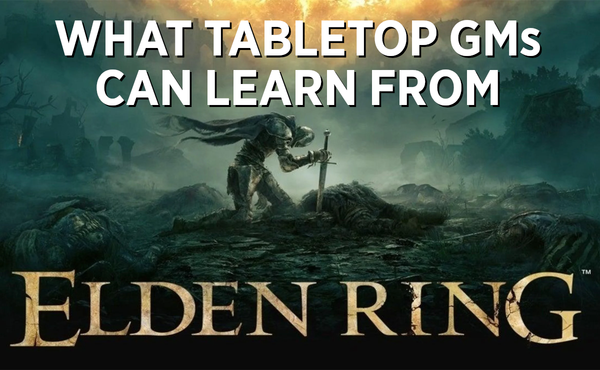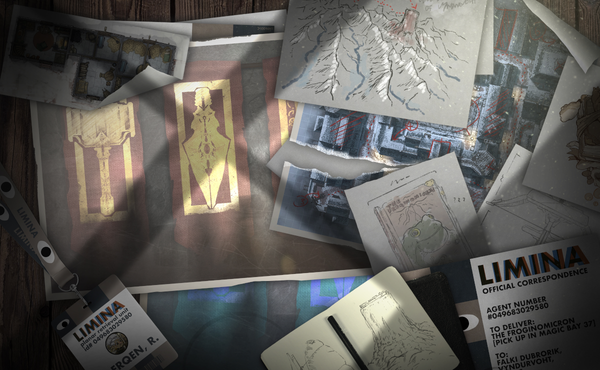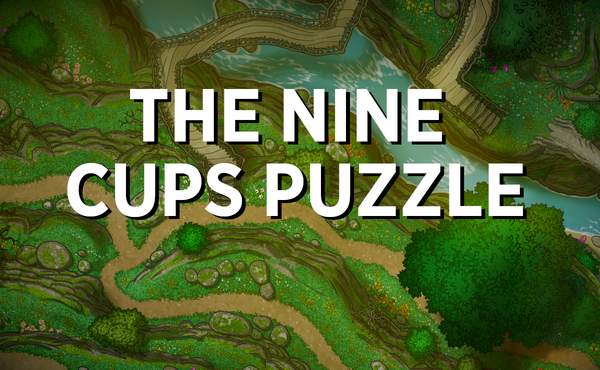Introducing: Gunless Gauchos
Gunless Gauchos is a game all about Wild West adventure in fantasy worlds.
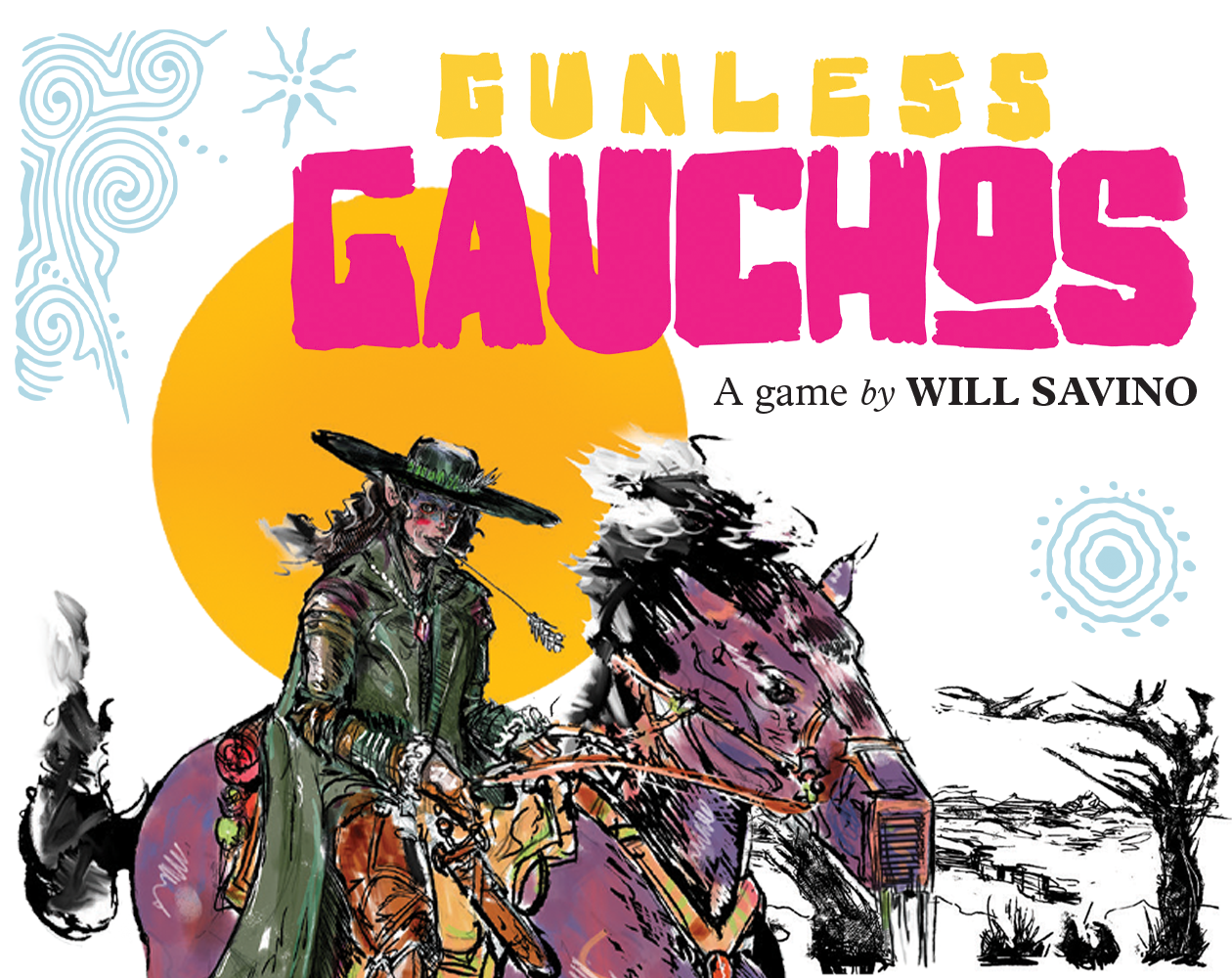
Gunless Gaucho is a one-page RPG you can play right now! It’s a rules light, Wild-West-meets-fantasy, narrative-focused game that only requires a d6. It was published by my pals over at Stillfleet Studio, and my genuine plea to you is simple: please play my game! It’s pay-what-you-want, so you can grab it right now for any price.
In this post, I want to explain a little bit about the game and do something of a “postmortem” for the design process. All of that, however, is exceedingly secondary to my main goal which is simply to get you to read the short PDF and schedule a game with your pals. Truly! That is what I want! This blog post will be considerably longer than the whole RPG, so if you’re at all interested in my pitch for the game, please just click one of the following links and leave this page altogether.
Grab Gunless Gauchos here:
Throw on my Western playlist to perfectly capture the vibe of any Gunless Gauchos session.
Why Gunless Gauchos?
As with many folks who have been playing tabletop games as long as I have, I’ve grown quite weary of Dungeons & Dragons. I still GM a heavily modified 5e campaign because it’s the system my pals know best, but I love to get experimental when running side-campaigns. I’ve been running a “frontier adventure” for a couple years, and I desperately wanted to lean into the pure cowboy atmosphere that is difficult to achieve when using 5e as a starting point. I also wanted to ditch a lot of the mechanical complexity of D&D, speed up combat, escalate risks, and bring some more functional narrative mechanics into the game.
Ipso facto, I had to make my own RPG. Gunless Gauchos is that game!
On a deeper level, the reason I made Gunless Gauchos is because I love fantasy settings (with wizards and orcs and so forth), but I also think the Western genre is a perfect fit for tabletop adventures. Inhabiting the mindset of a frontier hero/outlaw/sheriff/smuggler etc. incentivizes the exact types of play I find satisfying in tabletop. I’ve written about the benefits of leaning into genre tropes and the locational advantages of frontier settings, and both of those concepts were top of mind for me when designing this game. Give your players swords and wands and whatnot, but activate that Wild West fantasy, and you’ve automatically fast-tracked a bad-ass campaign.
There are essentially 3 parts of this RPG: character creation, the mechanics for rolling, and the mechanics that dictate longer-term consequences.
Character Creation
Surprise! Character creation is simple. The two most crucial things you have to do in this phase are pick a few skills you’re good at (from a very short list of frontiersman-themed skills) and then allocate points to your 4 main stats of Grit, Moxie, Awareness, and Horse. Additionally, you make a few narrative choices about your character (picking you heritage, you horse’s name, a few character traits), but these prompts are solely to help you develop a proper Wild West sort of PC. They have no mechanical bearing on proceedings. Finally, you get to give yourself one magical item. To balance the fact that you can give yourself basically whatever you want, this magic item is just as likely to get you hurt as it is to help you.
In practice, diverse character builds do legitimately allow for equally diverse team compositions. A party with at least one PC who’s good at Grit and a few fighting skills, plus one how has Moxie and a couple social skills is already pretty well balanced. Because players get a lot of agency in this game (more on that later), the builds that players choose will have a huge impact on what sort of stuff they’re likely to try to do. A party with a bunch of goofballs who are good at gambling, lightening the mood, keeping to the shadows, and giving advice is going to employ different strategies than a party with folks who excel at Horse and Grit and pick skills like “brawl,” “make use of fire,” and “kill beasts.”
To me, this was the ideal amount of complexity for character creation. The narrative prompts (e.g. “decide what haunts you”) encourage players to craft PCs that fit the genre, and the skills and stats give just enough of a mechanical play-space to let players meaningfully define their builds. There isn't really "min-maxing" per se, but you can absolutely express unique character ideas through character creation mechanics.
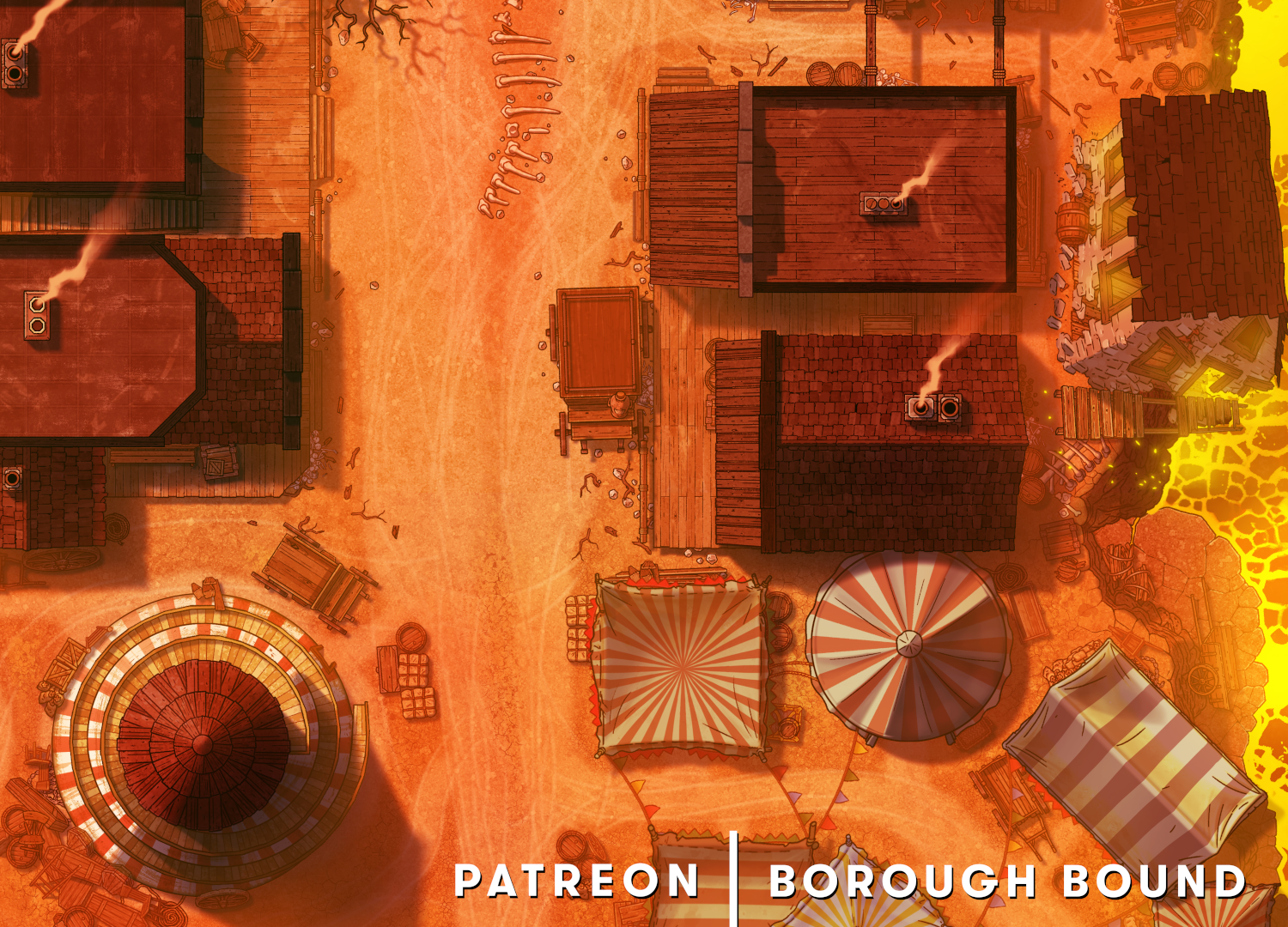
Rolling Dice
Only players roll dice. The GM doesn’t, but the GM can tell the players to roll. I like this. As a forever GM myself, I almost never want to roll. I want my players to feel like they are the ones responsible for what is happening, if only probabilistically.
Broadly speaking, rolling dice is easy. Players always roll a d6. Higher rolls are better. When you roll poorly, you suffer consequences. This is all pretty basic stuff.
There are two additional wrinkles I’m proud of for how the basic rolls works.
“Wild” rolls. When you make a roll associated with a stat marked as “wild” (a choice you make during character creation), a roll of 1 or 2 counts as a 1, and and a roll of 5 or 6 counts as a 6. On average, this is not better or worse than rolling “flat,” but it makes extreme results far more likely. This feels both balanced and appropriate for the frontier genre. Imagine someone who has their Grit stat listed as “wild.” They’re just as likely to knock someone out with one punch as they are to pass out after gulping down one shot of whiskey. It makes for dramatic, funny, and exhilarating swings of fortune.
Special item rolls. Whenever a player uses their “special item,” (the cursed magical item chosen at character creation), they flip a coin. If heads they, add +2 to the roll. If tails, they treat the roll as wild (see above). That means that your chosen item can be extremely powerful, potentially allowing you to roll with advantage and add +4 if you’re using the right mix of skills and stats, but it also can lead to dramatic and unpredictable failures. On average, you’re likely to do well with that item, but it can also blow up in your face. Oh, and if the roll was wild to begin with and you get tails on the coin, you essentially get a “maximally wild” roll, where a 1, 2, or 3 count as a 1, and a 4, 5, or 6 count as a 6.

Long Term Consequences
I don’t want this to just be a game of rolling to find stuff and kill people and then moving on with your day. I wanted the mechanics to directly impact the narrative. Here’s how I’ve made that happen.
There is no “HP” or tracked stress, but instead, players roll to avoid bad things happening to them. If a wolf leaps at someone from the shadows, the player might roll Awareness to dodge. If they’re tumbling down a ravine on horseback, they might roll Horse to safely navigate the fall. Should they fail—particularly if they roll a 1—the GM is allowed to impose temporary or permanent stat penalties. These tend to compound, and rolling poorly necessarily means that something catastrophic or emotionally resonant occurs. The rules make the need for narrative consequences explicit.
If the player attempts something particularly difficult (firing an arrow at an extremely distant target, trying to convince a crazed bandit to stand down, or hiding in plain daylight), the GM can say “dig your grave.” When that happens, the player must make a choice. They can either take an additional penalty to the upcoming roll or immediately confront a new complication. What sort of complication? That’s up for the GM to decide! Maybe the player succeeds at their roll, but unexpected enemy backup arrives, or an ally is abducted simultaneously. This basically amounts to “bullshit by GM fiat,” but since the player has to elect to welcome it, it feels earned.
Finally, if something particularly bad has happened (the PC is cornered, they allow a commoner to get slaughtered, or their horse is shot out from under them), the GM can say “it’s all gone to shit.” The player and then the GM both get to say one significant thing that happens immediately with no role required. That means players can pull off a totally nonsensical deus ex machina if they want. Maybe they inexplicably roll to safety, discover a stick of dynamite in their pouch, or suddenly mount a nearby boar. However, the GM gets to react and do something too, and often that’s something devastating. When I’ve GM’d this game, this is how I’ve killed PCs. I just say “sure, you accomplish [whatever task it is you really wanted to do], but then the sword swings right through your neck." It’s very hard to justify killing a PC in a game without HP, but this felt like a good compromise that still gives players plenty of agency.
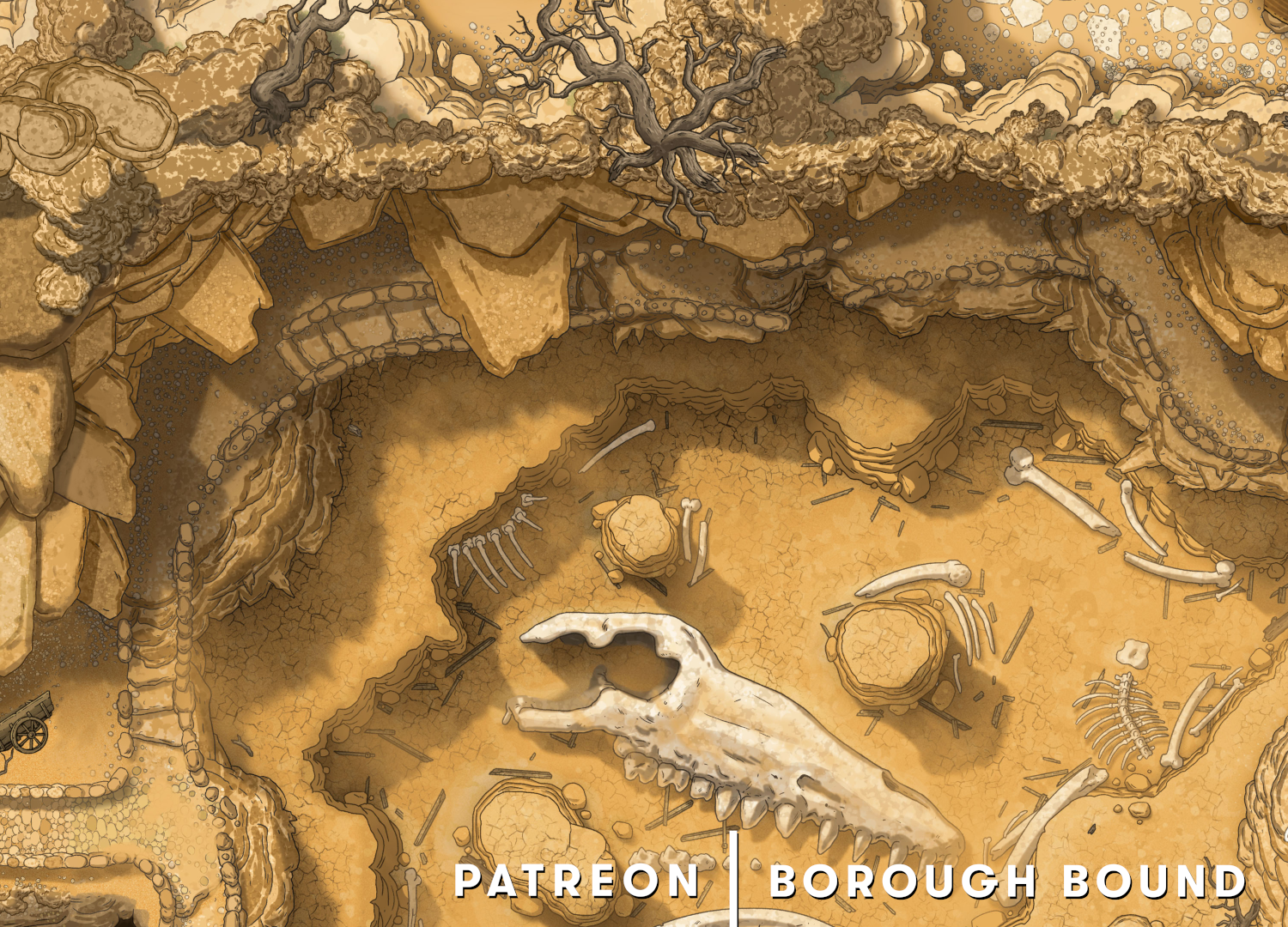
What’s the Big Deal?
Gunless Gauchos is a very simple game. You don’t need many materials, GMs don’t need to do much prep work, and the mechanics of the game inherently motivate narratively compelling play. Players are encouraged to consider something horrible they’ve done in the past but only to reveal it as a moment that’s critical to the plot. In every Gunless Gauchos session I’ve played, that has been an incredibly satisfying moment.
So many tabletop games lose the forest for the trees. Yes, a perfectly balanced combat system is great. Yes, deep lore that motivates character builds can be fun. That's not necessarily what's most important, however. On the flip-side, even simple games can sometimes kneecap themselves by mechanicalizing too little.
For my money, Gunless Gauchos gives players and GMs alike a huge suite of tools and reasons to make a campaign or a one-shot fun. The mechanics want you to succeed and fail in spectacular ways, and then those same mechanics encourage such victories and foibles to resonate down the line. Players don’t get bogged down with endless inventories or spreadsheets full of modifiers, and GMs don't have to worry about stats at all. The game doesn’t even have an initiative order. Players make choices, and those choices result in success or failure. When the PCs fail, things can go horribly wrong, but always because the players elected to do something risky and/or self-destructive.
Frontier stories are fun, but so too is fantasy nonsense. The whole “no guns” aspect limits sudden lethality and tweaks the whole vibe while still allowing for extreme violence. I think this system can facilitate a huge array of fantastical Wild West stories, and I can’t wait to hear what tales this engine helps you generate. Please enjoy it, and thanks again to Wythe, Chris, Ethan, and Kae for bringing this to life!

